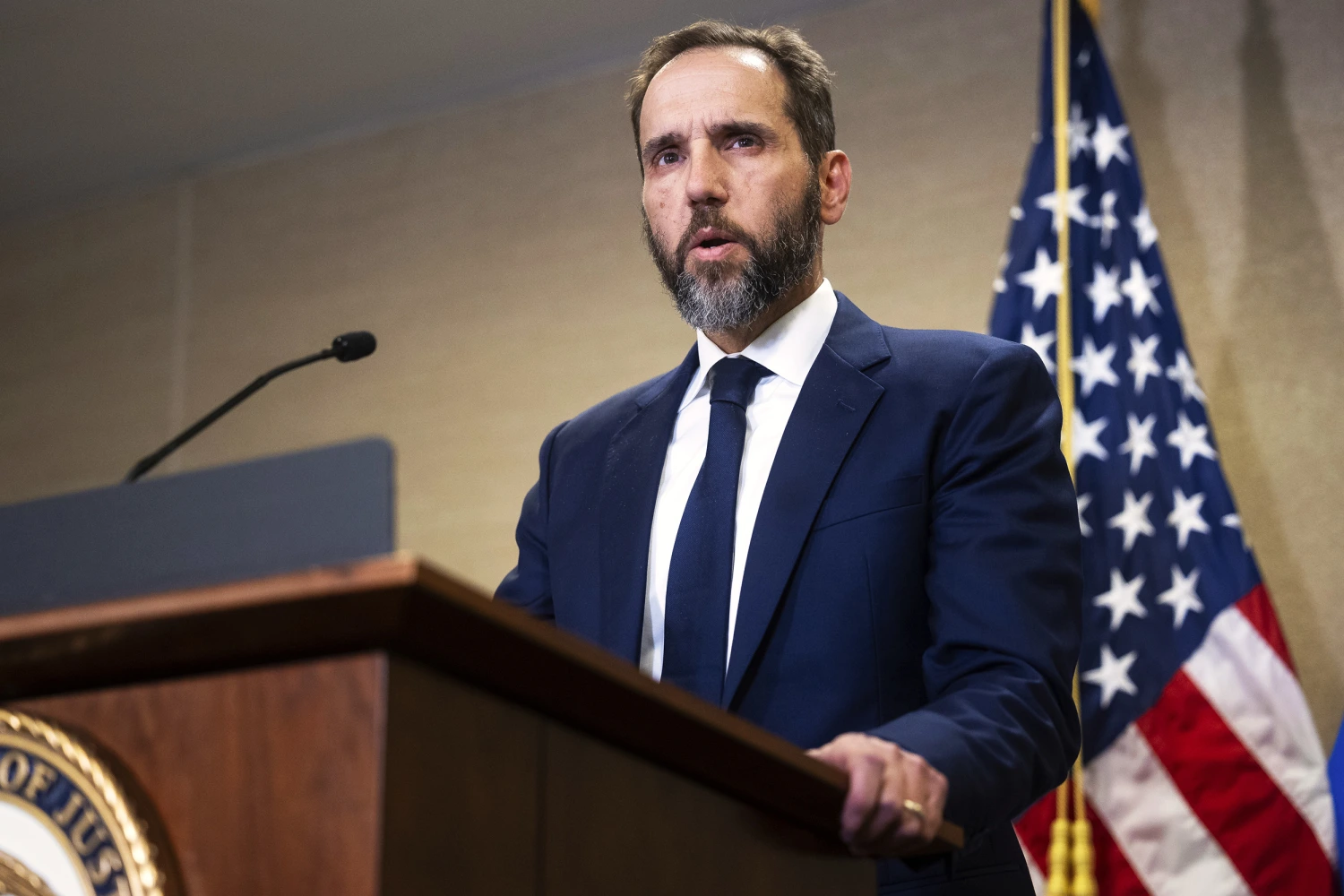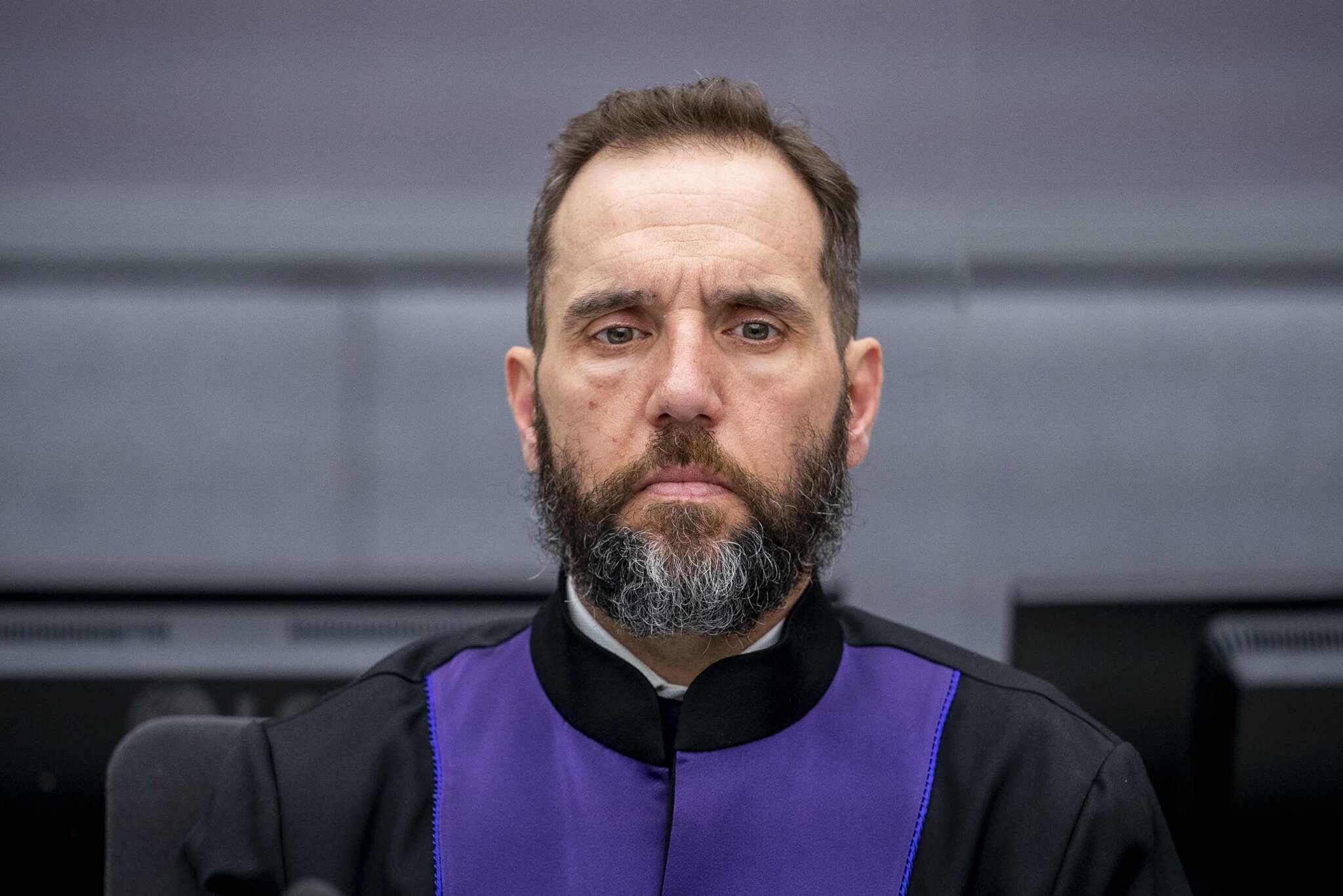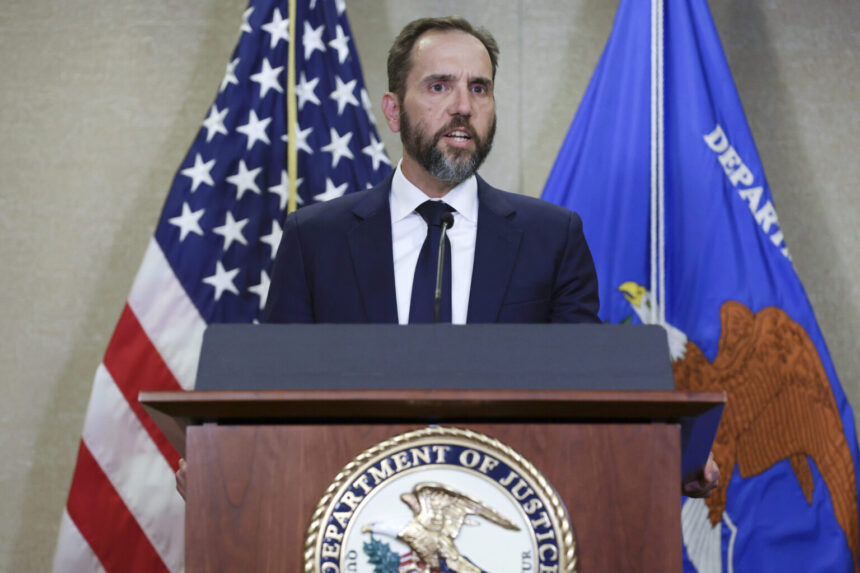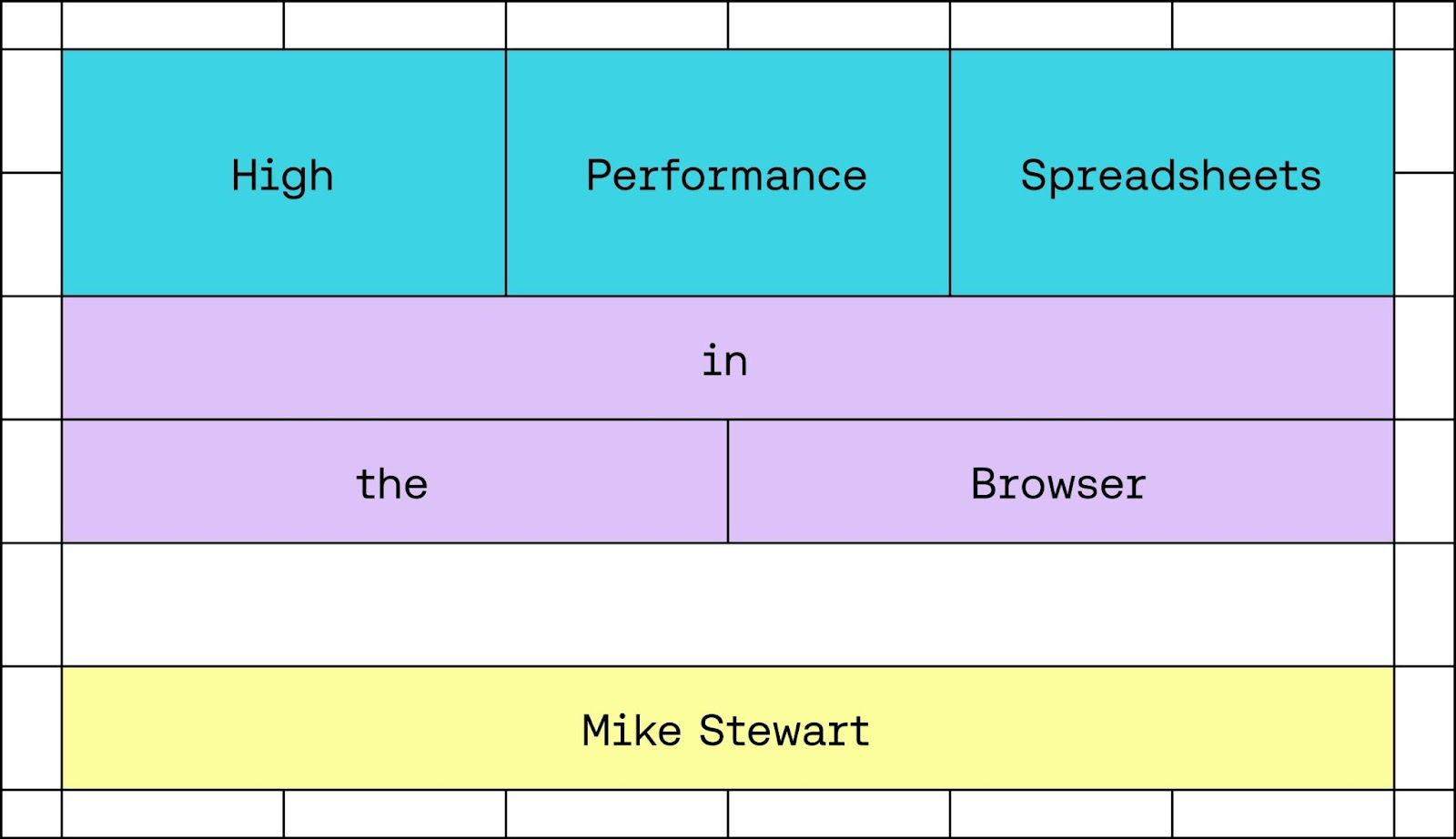The ongoing legal battle between Special Counsel Jack Smith and former President Donald Trump took a significant turn with the unsealing of a crucial court document. This Jack Smith Donald Trump filing presents detailed evidence of Trump’s actions during the Capitol riot on January 6, 2021, and provides insights into the broader context of his attempts to challenge the results of the 2020 presidential election. The document, now public, offers a comprehensive view of the strategies Trump employed during and after the election, as well as how those actions might play out in his current 2024 presidential campaign.
This case marks one of the most critical legal confrontations Trump faces, especially as he continues to campaign for a potential return to the White House. The stakes are high, both for Trump and for the broader political landscape, as the details in this Jack Smith Donald Trump filing highlight key moments of Trump’s involvement in the Capitol riot and his efforts to influence the election results. The evidence could play a pivotal role in shaping the trial and public perception of the former president’s actions.

Details of the Filing
One of the most striking revelations in the Jack Smith Donald Trump filing involves Trump’s use of his phone and social media during the Capitol riot. According to FBI forensic experts, Trump was actively engaging with platforms like Twitter as the riot unfolded, making posts and issuing statements even while knowing his supporters had breached the Capitol building. This level of engagement suggests that Trump was not merely an observer of events but an active participant in shaping the narrative and inciting further action from his followers.
For instance, the filing references Trump’s infamous 2:24 p.m. tweet, where he criticized then-Vice President Mike Pence for lacking the courage to overturn the election. This tweet was sent just as rioters were inside the Capitol, and it further fueled their actions. Prosecutors argue that Trump’s post was not intended to calm the situation but was instead a personal attack on Pence for refusing to join Trump’s efforts to block the certification of the electoral results.
The Jack Smith Donald Trump filing also brings forward critical testimony from witnesses prepared to describe Trump’s conduct throughout January 6. Witnesses state that Trump was in the White House dining room, watching live coverage of the Capitol riot, while simultaneously posting messages that could be interpreted as encouraging the rioters. These revelations are key in the prosecution’s case, as they show Trump’s awareness of the unfolding events and his decision to continue stoking the flames through social media.
Additional Insights
One of the most intriguing aspects of the Jack Smith Donald Trump filing is the private conversations between Trump and his family members. During a ride on Marine One, Trump allegedly told his wife Melania, daughter Ivanka, and son-in-law Jared Kushner that the outcome of the election didn’t matter; what mattered was continuing the fight. This statement underscores Trump’s determination to hold onto power, regardless of the official election results. It paints a picture of a president who was not simply disputing the election for legal reasons but who was prepared to go to extreme lengths to challenge the results.
Moreover, the filing details multiple conversations between Trump and Mike Pence. Prosecutors aim to show that these discussions were not part of Trump’s official duties as president but were instead private attempts to pressure Pence into blocking the certification of the election. The evidence includes Pence’s recollection of conversations where Trump dismissed the realities of his legal challenges and continued to push for overturning the results. For example, in one meeting, Pence tried to encourage Trump to recognize that the legal process was over, but Trump refused to concede and instead continued to insist that Pence take drastic action.
This testimony is critical because it positions Trump’s efforts as not merely political rhetoric but as a concerted and personal effort to manipulate the outcome of the election. The Jack Smith Donald Trump filing argues that these interactions between Trump and Pence were central to Trump’s scheme to remain in power, regardless of the legal or electoral reality.

Legal Implications
The Jack Smith Donald Trump filing also reveals new details about how Trump’s legal team had briefed him on the likely outcome of the election. Despite being told by advisors that many of his legal challenges were unlikely to succeed, Trump pushed ahead with claims of fraud and continued to call for actions to overturn the results. These internal discussions, revealed in the filing, show a calculated strategy by Trump to declare victory, even when the legal avenues for challenging the results had all but closed.
In one notable instance, advisors told Trump that the vote count would likely swing against him as mail-in ballots were counted. Despite this, Trump told his team that he would declare victory on election night and later dispute the mail-in results. This strategy aligns with the narrative Trump pushed publicly, casting doubt on mail-in ballots and the legitimacy of the election process.
These revelations could be significant in the broader legal case against Trump. Prosecutors may use this information to argue that Trump was not acting in good faith in his attempts to challenge the election but was instead knowingly pursuing a false narrative to remain in power.
Final Thoughts
The unsealing of the Jack Smith Donald Trump filing marks a pivotal moment in the legal case against the former president. The document provides a fuller picture of Trump’s actions during the Capitol riot and his efforts to contest the 2020 election results. As the 2024 election approaches, this case is likely to have profound implications for both Trump’s political future and the broader political landscape in the United States.
For Trump, the evidence presented in this filing could damage his reputation and weaken his campaign as he seeks re-election. For the broader public, the case offers a sobering reminder of the fragility of democratic processes and the lengths to which individuals may go to challenge electoral outcomes.








